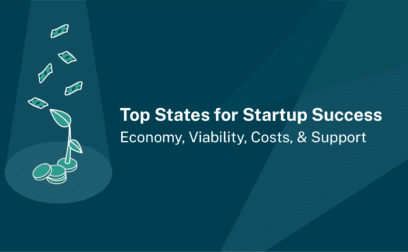Swoop requires writers to use primary sources to support their work. These include white papers, government data, original reporting, and interviews with industry experts. We also reference original research from other reputable publishers where appropriate.
Chick-fil-A: https://www.chick-fil-a.com/about/who-we-are
Investor selection: https://www.chick-fil-a.com/franchise/franchise-selection-process
Profitability: https://sharpsheets.io/blog/chick-fil-a-franchise-costs-profits/
Failure rate: https://drfranchises.com/how-much-does-a-chick-fil-a-franchise-owner-make/
Franchise application: https://www.chick-fil-a.com/franchise
Independent funders: https://swoopfunding.com/us/blog/funding-your-franchise-a-guide-for-franchisees/
Franchise funding: https://swoopfunding.com/us/blog/funding-your-franchise-a-guide-for-franchisees/





 yet? Register here!
yet? Register here!